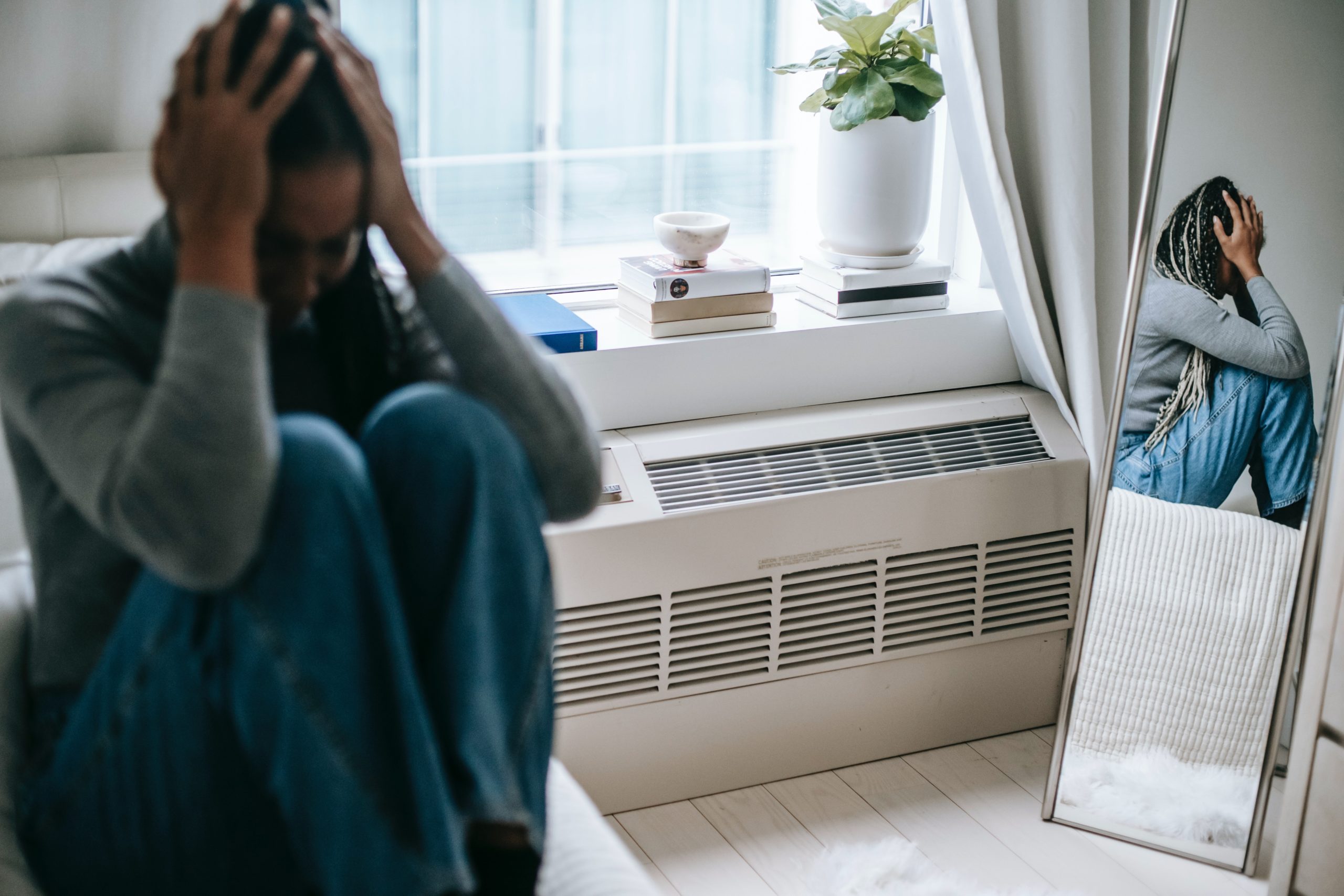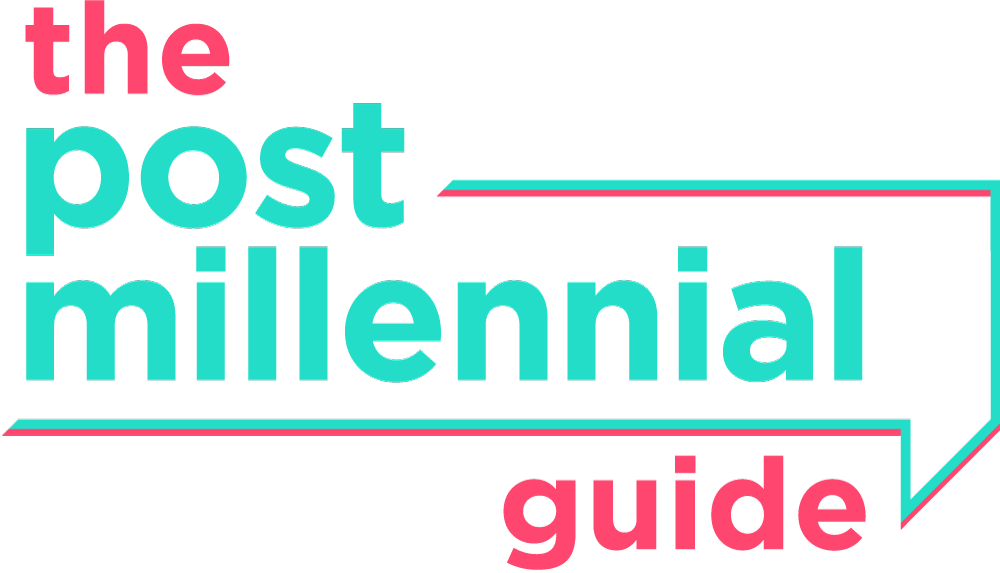It is not a coincidence that this post appears on our site at this time. It is January, the first month of the new year. Traditionally, we people tend to create resolutions, goals and commit to fresh starts as the Earth begins yet another travel to go around the Sun. So it doesn’t come as a surprise that some resolutions relate to ditching social media platforms or taking a break from them to nurture our mental health.
Although social media platforms present a medium through which billions of people interact with each other and a component we cannot imagine not having in our lives, we all need to take a step back. And look at the role technology plays in our society.
The issue with social media is that it can both benefit us and hurt us. Social media is good and social media is bad.

You and digital detox – a match or mismatch?
If you were to read here that using social media is bad for you, will you immediately take action and deactivate all social accounts and unplug yourself from the social media world? You would… Not.
Because you can’t or you won’t. It is not that easy to say no to every and all social apps for various reasons.
You may have to have a profile on a business platform to keep up with news and events related to your work.
Equally so, you cannot afford not to have a social account on a popular network where you can access the latest stories about events in your domain of interest. Some platforms may be the first or only source for announcements and news you follow.
You also don’t know how to delete your account from a platform that everyone uses. It would feel like renouncing your passage to staying on top of recent parties and conversations. Your friends, popular personas whom you admire for their work or another reason, and other strangers – everyone will be there, except you. And this is called fear of missing out.
Maybe taking a break from social platforms means that your communication with a friend suffers from a decline. People who quit social media may establish a viewpoint, a worry that their real-life friends will form stronger relationships with other friends who do have social accounts. This fear is based on the fact that most of someone’s friends will prefer participating in conversations with other social app or platform peers via posts, comments, shares, pictures, thus building closer rapport.
What is a digital detox?
Digital detox is a phrase for a particular time frame when you don’t use digital devices, i.e., Internet and social media abstinence. This practice emerged as a response to overuse and addiction to digital devices and social media. Indicating that it is a self-initiated period of abstinence, you determine how long you should be on a digital detox, also known as digital fasting.
If you feel like you could use a break or fear digital detox – you probably ought to do it.
How social media affects mental health?
The short definition of mental health is a person’s overall emotional and psychological condition. Mental health translates into a state of balance within yourself and with the environment.
Examples of mental illness include depression, anxiety, eating disorders, schizophrenia, and addictive behaviors.
Because it is new, it feels like this technology is a few steps ahead, and all research to-this-date cannot explain or establish the long-term consequences of social media use.
However, existing research shows that there is a connection between social media use and mental health.
How social media affects mental health? Numerous studies have detected a connection between time spent on social media and the number of social media platforms used and depression and anxiety symptoms. The majority of these studies indicate that time spent on social media is correlated with depression and anxiety.
It is not examined and proven that social media are the main cause of depression, anxiety, or other mental illnesses. To be more precise, we don’t know if people who already have some level of mental health disorder spend more time on social media or not. One cannot claim with 100% certainty and support with empirical data that social media is the leading cause of mental health disorders. Nonetheless, those platforms do influence disorders to some degree, according to research.

Social media and body health
Social interactions go beyond face-to-face; thanks to social apps, we are free from communication restrictions and can talk to someone miles away.
By introducing computer-mediated communication, social interactions could take place above having to be physically present for tête-à-tête conversations.
This brings along other differences. Communication that occurs through electronic devices differs from face-to-face communication because it eliminates many of the subtle signs people use to form their impressions of others. Because electronic communication strips those subtle cues away, we cannot create impressions online in the same way we would form them through face-to-face interaction?
We are used to looking at others leading perfect lives, full of adventures, travels, business success, loving partners, and attractive bodies.
This is possible thanks to the time the online world allows us to prepare for first and overall impressions.
People have the luxury to think about what they will say and edit the messages before publishing. Furthermore, many invest time in carefully selecting pictures and overwork photoshop tools to modify their photographs and alter their appearance.
People can highlight their positive attributes and present an “ideal self” by associating themselves with certain people, symbols, and material objects.
What we see on social media are highlights in other people’s lives.
And they fabricate them more often than not to manage impressions in a favorable way.
The goal is to leave a better impression on others.
The way we see ourselves is highly influenced by what we see around us.
And if someone looks at profiles of attractive people, that usually leads to a more negative body image.
The problem is, even when we know that we look at edited images, we tend to compare ourselves to these fake ideals and end up being overwhelmed with a feeling that we do not measure up.
The sad truth is that it isn’t hard to fall into the low body image rabbit hole.
What might help you next time you start scrolling your feed and see images of happy, beautiful women and men? Imagine how many shots they had to take to produce posted photos, plus time spent choosing filters, edits, and thinking about what to write as a caption. Not so fun and glamorous anymore, right?

Signs that social media is impacting your mental health
Instead of accepting or disregarding others who tell you how social media is terrible for you, you should use your discern to evaluate what social media means to you. Questions that you have to answer are: how you feel while on social media and after, is there a difference in platforms, and how much of your time you should spend on each, as well as choosing social media you want to spend your time on.
Indicators that can help you recognize if social media impacts your mental health include:
- Being on social media way more than you hang out with real-world friends.
- Becoming distracted at work, or school, as a direct consequence of being constantly on social media, whether actively or passively.
- Involving yourself in risky behavior to gain likes/positive comments/shares.
- Developing negative body image or low self-esteem by continually comparing yourself against others on social media.
- Not seeing life beyond social media and not making room for self-reflection.
- Experiencing cyberbullying or you cyberbully others.
- Facing low mood or feelings of anxiety or depression after using social media.
- Suffering from sleep problems caused by looking at phones immediately before sleep and first thing in the morning. If you wake up at night and check your phone for eventual notifications, messages, and refreshing feeds. All leads to disrupted sleep that impacts your mental health.
Some might wonder whether there should be a future for social media or not. We would then go and talk about “What ifs” and scenarios after we got #socialmediacanceled. But we will stop here, for now.
It is unimaginable to completely ban social media, at least at this moment. Especially for younger generations as those sites are a part of their lives. We cannot erase social media. We must learn how to handle it.


0 Comments